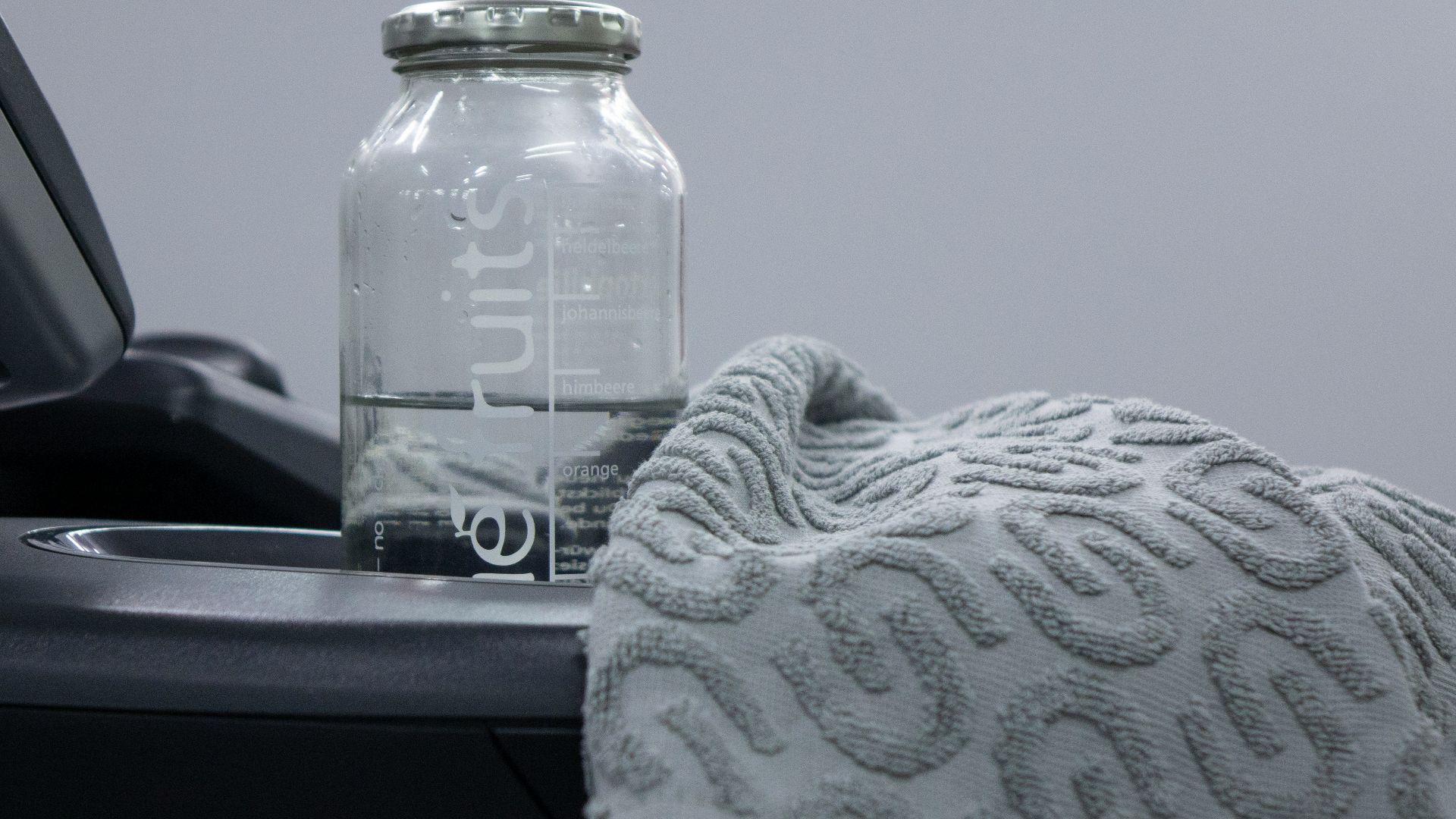Beat the Bloat
If you, like millions of others, experience frequent bloating, you might be making one of these 10 common mistakes. This article breaks down typical causes of bloating and 10 easy fixes you can incorporate today to relieve the pressure.
1. Overeating
One of the most obvious and common causes for feeling bloated is because you’re overeating. Eating portions of foods that are far too large will not only stretch the stomach, but also slow digestion, leaving you feeling tight under your abdomen.
2. Hormonal Changes
It might surprise you, but even hormonal fluctuations can slow down digestion or increase water retention. For women, this commonly happens during menstruation, where it’s quite normal to bloat a bit in the days before your period.
3. Constipation
Another obvious contender for the tight feeling might be due to constipation. Buildup in the intestine can create additional pressure and also create bloat, which is why you might want to consider drinking something that will help you empty out a bit.
4. Gut Microbiome
The gut microbiome is a very important part of the body that you want to keep balanced. Essentially, you want to avoid too many bad bacteria while ensuring more good bacteria. Consider taking probiotics or certain foods to help get your gut on track to smooth digestion.
5. Speed Eating
Some professionals recommend chewing your food for 30 seconds before swallowing, as this can help slow down the meal. Alternatively, if you eat too fast, you will also swallow air that will contribute to excess gas in your stomach.
6. Stress
Similar to hormones, stress and anxiety can also have physical effects on your body. For instance, stress affects gut motility, which in turn can make your digestive tract even more sensitive. This may make you feel bloated even if you didn’t do anything physical to cause it.
7. Dehydration
It’s also important to get enough water in whenever you’re having a meal. Lack of water, or meals that are a bit too salty, will result in fluid retention that contributes to bloat. So think twice about processed and fast foods.
8. Gassy Foods
Some foods are actually known to create gas in the stomach due to their fermentation. This includes everything from beans and lentils to carbonated drinks and dairy, so you might want to think twice about what you end up eating.
9. Airy Habits
As previously mentioned, swallowing air can lead to a buildup of gas in the stomach that causes bloat, but there are other ways to do this aside from eating too fast. For instance, chewing gum or drinking through a straw will also increase the amount of air swallowed.
10. Food Intolerance
Even if you’re not necessarily allergic, there are some foods your body might simply be intolerant to. That means it will struggle to digest certain ingredients properly. Common intolerances include dairy, gluten, and fructose.
Now that we have discussed 10 reasons you might be feeling bloated, here are 10 ways to reduce the tightness!
1. Take a Walk
Taking walks, especially after meals, is guaranteed to help with digestion. This is because the movement helps stimulate gas through the intestine, and even 10 to 15 minutes is enough time to help improve relief.
2. Drink Herbal Tea
Herbal teas are also known to help relax the intestinal muscle. There are a variety of options to choose from including peppermint, ginger, and chamomile, and all these teas help reduce gas and spasms alike.
3. A Heating Pad
If your bloating is caused by menstrual-related symptoms, you can consider trying a heating pad. This is because warmth relaxes the abdominal muscles, which in turn can reduce cramping and ease internal pressure.
4. Try Yoga
If you’re feeling up to it, yoga is a great exercise you can participate in to help release trapped gas and alleviate the muscles. Try moves like the Child’s Pose or the Cat-Cow maneuver to help stimulate flow within the body.
5. Eat Slow
One long-term change you can make to ease digestion is eating more slowly. This will prevent the swallowing of excess air. Chewing thoroughly is known to help with digestion and also leave you feeling more satisfied with meals.
6. Reduce Soda
Instead of having a cup of soda or carbonated water with your meal, opt for plain still water instead. This is because carbonation introduces extra gas that leads to tightness and bloating, so it’s better to enjoy these drinks in limit.
7. Avoid Sugar Alcohols
Sugar alcohol is a main ingredient in a variety of sugar-free gums, candies, and protein bars. While their sugar-free nature makes them healthy in some contexts, they are also known to ferment, which contributes to bloating in the gut.
8. Drink Lots of Water
Drinking water is essentially a cure-all for a variety of stresses, including bloating. Water helps flush out excess sodium and will also help you have regular bowel movements to prevent back-ups.
9. Increase Fiber
Eating lots of fiber helps with overall digestion, but just be careful not to eat too much too soon. Instead, increase your intake gradually, and try incorporating foods like oats, flaxseeds, and fibrous veggies.
10. Eat Probiotics
Finally, you want to strengthen your gut microbiome, so consider eating probiotic-rich foods like yogurt and kefir. These foods will not only help balance your bacteria, but will also reduce bloating and make you feel looser.




























